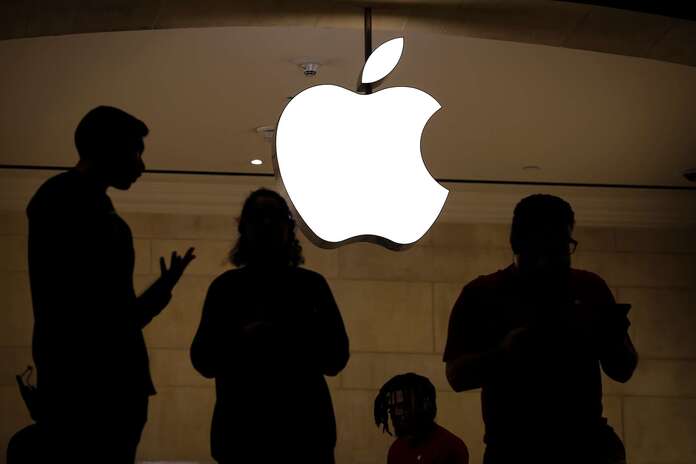Apple Inc.’s (NASDAQ:AAPL) disappointing holiday-quarter outlook has brought attention to its growing challenges in China, a crucial market where the tech giant is grappling with the unexpected success of Huawei Technologies Co. and a progressively hostile business environment.
Apple, which is striving to reverse several consecutive quarters of revenue decline, reported its lowest revenue from the greater China region since mid-2022. While Chief Executive Officer Tim Cook asserted that iPhone demand remains strong in China, he attributed the revenue decline to weaknesses in Mac and iPad sales. Nonetheless, he predicted flat December-quarter revenue, suggesting that Wall Street might not witness the growth rebound it had anticipated. Consequently, Apple’s shares dropped 1.7% at 9:33 a.m. in New York on Friday.
Investors have grown increasingly apprehensive about the iPhone’s prospects in China, which accounts for approximately one-fifth of Apple’s sales and serves as its largest production base. China’s consumer economy has been struggling, and U.S. companies are encountering mounting pressure from Beijing as the U.S.-China technology conflict continues. Huawei’s surprising introduction of a smartphone with an advanced made-in-China 5G processor in August also tapped into a surge of patriotism, diverting sales away from the iPhone.
IDC analyst Will Wong commented on the challenges Apple faces in China, describing them as “unprecedented.” He explained, “It not only needs to deal with the political tensions and Huawei’s competition but also a different consumer sentiment that is more rational and cautious in spending.”
Apple’s revenue in Greater China experienced a 2% decline, which was steeper than the companywide figure. There are indications that this trend may continue, as initial sales of the iPhone 15 in China were 6% lower than its predecessor, partly due to competition from Huawei, according to consultancy GfK.
Apart from intensified competition, Apple is also exposed to growing risks stemming from political tensions between Washington and Beijing. Beijing expanded its ban on Apple products to state-backed firms and government agencies, while Hon Hai Precision Industry Co., the major assembler of Apple’s iPhones in China, is now under investigation regarding taxes and land use. Shares of Hon Hai and fellow iPhone assembler Pegatron Corp. fell in Taipei on Friday.
Despite these challenges, Cook stated that the iPhone continues to make progress in the world’s largest smartphone market. He highlighted that various iPhone models were among the top-selling phones in urban China. However, he didn’t address any direct questions about the situation.
Apple’s fiscal results for the iPhone 15, which went on sale in late September, provide only a preliminary sense of the device’s performance. A more comprehensive understanding will emerge when Apple reports its holiday results early next year. Cook emphasized that if the overall China smartphone market is contracting, Apple’s results indicate that it is gaining market share.
During an earnings conference call with analysts, Cook expressed his optimism about China’s significance as a market and emphasized Apple’s commitment to manufacturing in the country. However, he made no direct comments about the recent investigation into Foxconn, which occurred approximately a week after his visit to China.
Featured Image: Unsplash















